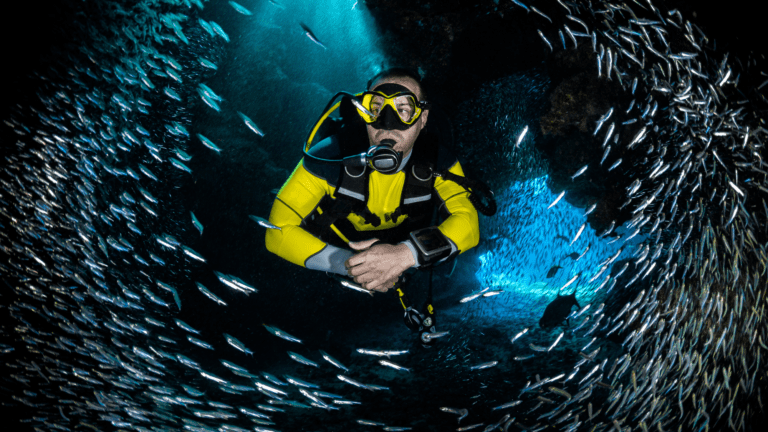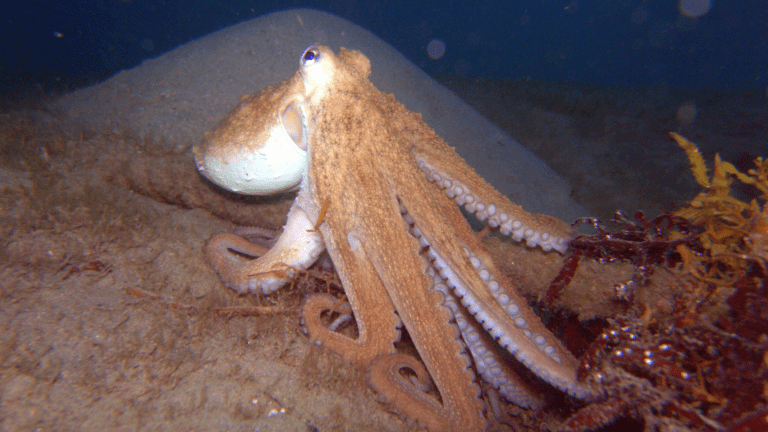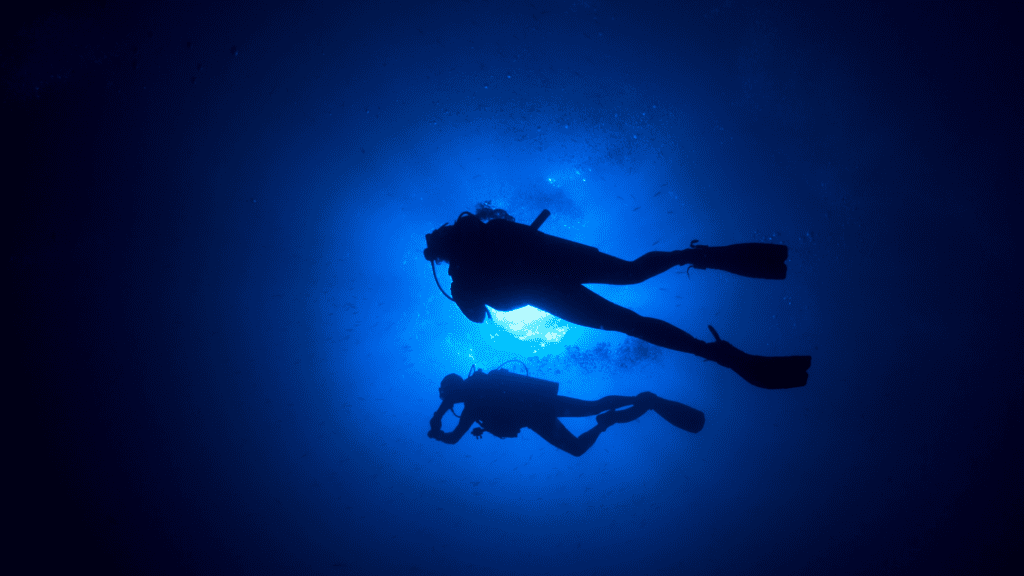Night diving offers a unique and exciting experience for divers. As the sun sets and the water becomes darker, the underwater world transforms. Critters that are rarely seen during the day become active, offering divers a chance to encounter marine life in a whole new way. If you’re considering taking the plunge into night diving, this guide will walk you through the essentials and help you get the most out of your underwater adventure.
Why Try Night Diving?
Night diving changes the dynamics of the underwater environment. During the day, the ocean is filled with sunlight, schools of fish, and vibrant coral reefs. At night, however, the world takes on a more peaceful and mysterious atmosphere. Many species that are typically hidden during daylight hours come to life. Creatures like octopuses, lobsters, and bioluminescent plankton reveal themselves, creating an entirely different diving experience.
For some divers, the allure of night diving is simply the quiet, calm, and meditative environment. Others enjoy the challenge of spotting and photographing nocturnal animals.
Preparing for Your First Night Dive
Before you venture into the depths of the ocean after dark, you need to be fully prepared. Night diving requires a different set of skills compared to daytime dives. Here’s what you need to know to ensure you’re ready for a safe and enjoyable experience.
1. Choose the Right Location
One of the first steps in preparing for a night dive is selecting the right dive site. For beginners, it’s best to choose a shallow site with calm waters and little to no current. Familiarity with the dive site is also essential. If you’ve already dived at the site during the day, you’ll feel more confident when you return at night.
Popular night dive locations often include places like wrecks, coral reefs, and bays where marine life is abundant. Look for places known for their vibrant nightlife, such as Puerto Galera, where a variety of nocturnal marine creatures can be found.

2. Get the Right Gear
Night diving requires specific equipment to ensure safety and enhance your experience. Here’s a list of the essentials:
- Primary Dive Light: A good-quality dive light is essential to illuminate the surroundings. The beam should be strong enough to allow you to see marine life clearly.
- Backup Light: Always bring a spare light in case your primary one fails. A headlamp can work well for this.
- Glow Stick or Tank Marker: A glow stick or a light attached to your tank will help your buddy keep track of your movements.
- Red Filter for Your Light: Some divers use a red filter over their light to minimize disruption to marine life. It’s softer and less likely to scare creatures than white light.
- Compass: Night diving can disorient you, and a compass will help you stay oriented and navigate effectively.
3. Perfect Your Buoyancy
Good buoyancy control is ALWAYS an important arsenal in your diving. It becomes even more critical during night dives since the reduced visibility means you need to be extra careful not to stir up sediment or damage delicate marine life. You should be able to hover effortlessly, stay at a consistent depth, and avoid touching the bottom unless absolutely necessary. Not to mention you might accidentally step on something that might hurt you or damage your gear!
Before your first night dive, practice buoyancy control in a pool or during a daytime dive. If you’re new to diving, consider taking a Peak Performance Buoyancy course to refine your skills.
4. Research & Understand Marine Life Behavior
Many of the creatures you’ll encounter during a night dive are nocturnal. Some animals that are dormant or less active during the day, such as moray eels, lobsters, and certain species of octopus, come out at night to feed. This offers a rare opportunity to observe these creatures in their natural environment. On the other hand, daytime creatures like fish and turtles may retreat to hide for the night.
Some species, like bioluminescent plankton, will react to movement by glowing in the dark. It’s one of the highlights of a night dive, creating an enchanting effect as you move through the water.

5. Stay Close to Your Buddy
Night diving requires increased attention to safety, and staying close to your dive buddy is crucial. Reduced visibility can easily lead to disorientation, so always stay within arm’s reach of your partner. Use light signals to communicate with your buddy. For example, a sweeping light motion can signal that you’ve found something interesting.
If you lose sight of your buddy, stop and shine your light in all directions. This gives your buddy a chance to find you. Remember, it’s always better to stay close and communicate clearly throughout the dive.
Additional Night Diving Tips
- Be Patient: Night diving requires a slower pace. You’ll need to take your time to adjust to the surroundings and to spot creatures that are difficult to find.
- Avoid Flashing Lights: Don’t shine your light directly at marine life for too long. This can be stressful for animals, especially if you’re using a powerful light. Use your light sparingly and focus on lighting up the environment without disturbing the animals.
- Plan Your Dive: Plan your dive site, entry, exit, depth, and air supply carefully before heading out. Make sure everyone knows the plan and stick to it.
- Request for a Dive Guide: If you’re new to night diving, diving with a guide is a great way to get familiar with the experience. An experienced guide will not only keep you safe but will also help you spot creatures you might otherwise miss.
Why Casalay Boutique Villas & Dive Resort is Your Perfect Diving Partner
Casalay offers an ideal setting for any of your diving adventures. Whether you’re a beginner or an experienced diver, our expert dive guides will ensure you have a safe and enjoyable experience. They are knowledgeable about local dive sites and can show you the hidden gems of Puerto Galera’s waters.
For those just starting out, Casalay also offers PADI-certified diving courses. Their certified instructors will provide you with all the training you need to dive confidently during the day or in the dark. They also offer specialized dive packages that can help you progress in your diving journey, from beginner courses to more advanced certifications.
Final Thoughts
Night diving is one of the most exhilarating experiences you can have as a diver. It offers an entirely new way to explore the underwater world, showcasing a side of marine life that you won’t find during the day. With the right preparation, equipment, and guidance, your night dive can be a safe and awe-inspiring adventure.
If you’re ready to try night diving, Casalay offers the perfect combination of expert guidance, training, and beautiful dive sites. Their personalized diving services and courses will make your night diving experience unforgettable. Take the leap and discover the magic of the ocean after dark!
Author: Zach Yanuario


